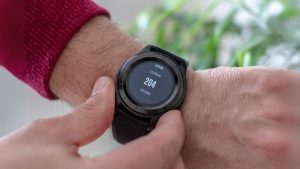Clinical trials are experiencing a transformative shift with the integration of wearable technology, heralding an era of continuous, real-time patient monitoring. Departing from traditional methods reliant on intermittent healthcare visits, wearables such as smartwatches offer a dynamic approach to data collection. These devices enable the continuous tracking of vital metrics like heart rate, blood pressure, and sleep patterns, providing a more accurate representation of patients' health. Beyond enhancing trial efficiency, wearables actively engage patients, prompting better adherence to treatment protocols and healthier lifestyle choices.
The potential of wearables to revolutionize clinical trials lies in their ability to reduce the need for frequent site visits, making participation more convenient and inclusive. However, challenges like data privacy, device accuracy, and participant compliance must be carefully addressed. Rigorous validation studies are essential to establish the credibility of wearables in clinical use, comparing them against established medical standards. Despite challenges, the benefits of wearables in terms of enhanced trial efficiency, richer data sets, and improved patient outcomes are immense. As technology evolves and seamlessly integrates into clinical research, wearables are poised to become indispensable tools for medical knowledge and advancement, marking a pivotal shift in how we collect and interpret real-world data in clinical trials.























